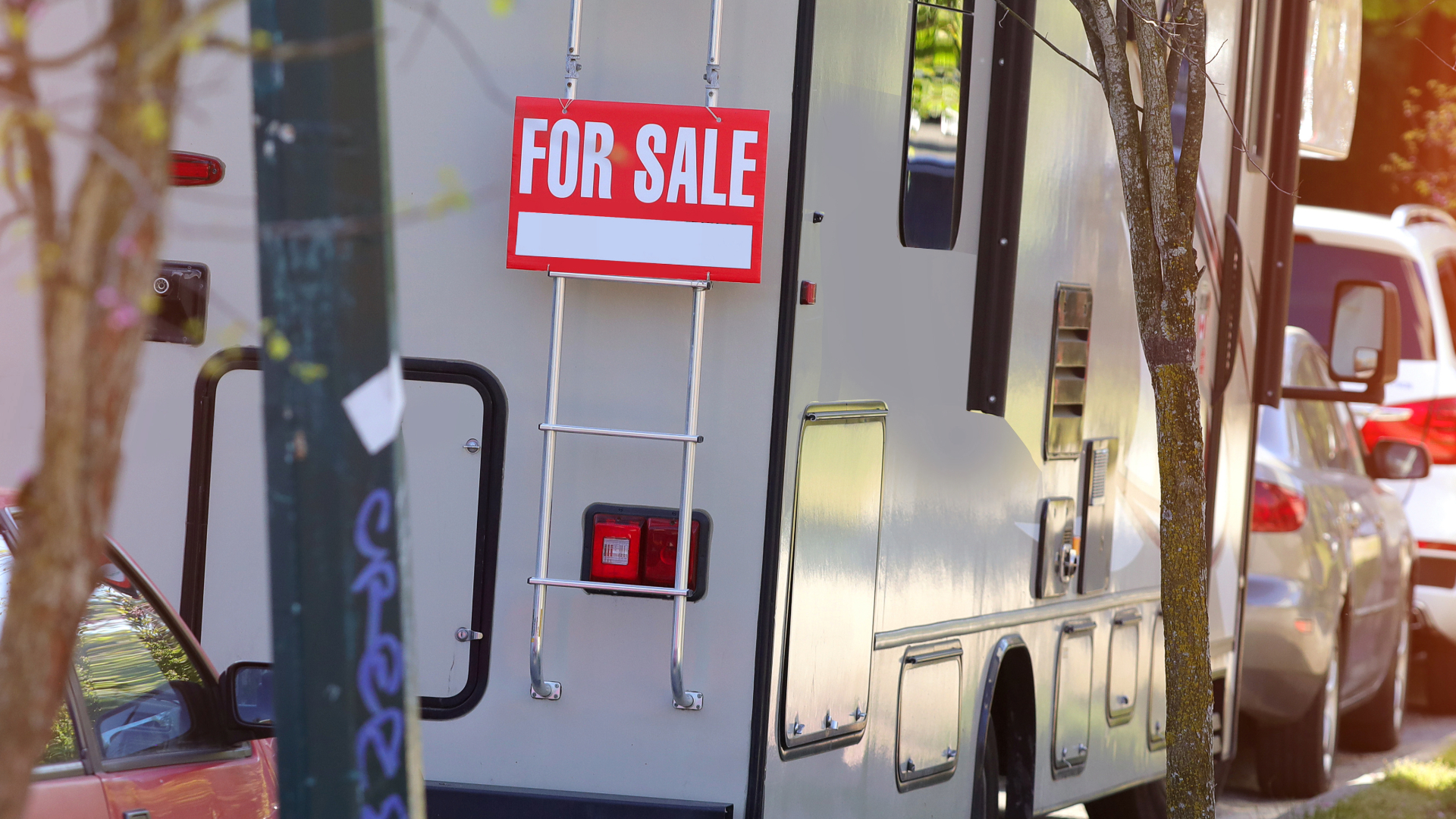Written by SentryRV Mobile Inspections and Service, LLC visit sentryrv.com
Buying an RV is an exciting and life-changing decision, whether you’re dreaming of weekend getaways, full-time travel, or simply a home away from home. However, with so many choices, financing options, and maintenance considerations, it’s easy to make mistakes that could cost you time, money, and frustration. To help you make the best choice, we’ve compiled the top 10 mistakes RV buyers make—and how you can avoid them.
1. Not Researching the Right Type of RV for Their Needs
RVs come in many shapes and sizes, from travel trailers and fifth wheels to Class A, B, and C motorhomes. Each type has pros and cons, depending on your travel style, budget, and storage space. A common mistake is buying an RV based on appearance or price without considering its practicality.
How to Avoid It: Make a list of your must-haves, including sleeping capacity, kitchen size, bathroom needs, and towing capabilities. Visit RV dealerships, attend RV shows, and rent different models before making a purchase.
2. Ignoring the Weight and Towing Capacity
If you’re purchasing a towable RV (such as a travel trailer or fifth wheel), it’s crucial to understand your vehicle’s towing capacity. Many buyers assume their truck or SUV can handle the weight, only to realize later that they’re overloading their vehicle.
How to Avoid It: Check your vehicle’s towing capacity in the owner’s manual and compare it to the RV’s Gross Vehicle Weight Rating (GVWR). Factor in additional weight from passengers, water, and gear.
3. Underestimating Total Costs
The cost of an RV extends beyond the purchase price. Insurance, maintenance, fuel, campsite fees, and storage can add up quickly. Many first-time buyers focus only on the sticker price and are caught off guard by the ongoing expenses.
How to Avoid It: Create a detailed budget that includes registration fees, insurance, fuel, maintenance, and campground costs. Ask dealers about warranty options and potential repair costs.
4. Buying Too Big (or Too Small)
An RV that’s too big can be difficult to maneuver and park, while one that’s too small may lack essential amenities and storage space. Many buyers realize too late that they should have chosen a different size.
How to Avoid It: Think about where you plan to travel. Larger RVs may not fit in national parks, while smaller RVs might not have enough space for comfort. Test out different layouts before committing.
5. Skipping the Inspection
Even brand-new RVs can have defects, and used ones may have hidden issues like water damage, worn-out tires, or electrical problems. Skipping an inspection can lead to costly repairs down the road.
How to Avoid It: Hire an NRVIA Certified RV inspector to perform a comprehensive independent third-party inspection on new or used RVs. For used RVs, don’t forget to request maintenance records.
6. Not Understanding RV Financing
Financing an RV is different from financing a car. Loan terms are often longer, and interest rates can vary based on your credit score and down payment.
How to Avoid It: Shop around for the best financing options, compare rates from banks, credit unions, and RV lenders, and consider getting pre-approved. Read the fine print on loan terms and understand the total cost over time.
7. Forgetting About Depreciation
RVs depreciate quickly, especially new models. Many buyers finance an expensive RV only to realize that its resale value drops significantly within the first few years.
How to Avoid It: If depreciation is a concern, consider buying a gently used RV. Used RVs have already absorbed most of the depreciation, making them a better value.
8. Neglecting Maintenance and Repairs
Owning an RV requires regular maintenance, from checking roof seals and slide-outs to servicing the engine (for motorhomes). Many new owners don’t anticipate the time and money required to keep their RV in top shape.
How to Avoid It: Learn basic RV maintenance or take an RV repair course. Set aside a budget for unexpected repairs, and schedule routine checkups to avoid costly surprises.
9. Overpacking and Poor Weight Distribution
It’s tempting to pack everything for the road, but exceeding weight limits can strain your RV’s suspension, brakes, and tires.
How to Avoid It: Weigh your RV fully loaded to ensure it doesn’t exceed the Gross Vehicle Weight Rating (GVWR). Store heavier items low and distribute weight evenly to improve stability.
10. Not Doing a Test Run Before a Long Trip
Many new RV owners hit the road for an extended trip without testing out their rig first. This often leads to unexpected issues that could have been addressed earlier.
How to Avoid It: Take a short weekend trip close to home to familiarize yourself with driving, setting up, and troubleshooting common issues. This will help you feel more confident before embarking on a longer journey.
Final Thoughts
Buying an RV is a major investment, and avoiding these common mistakes can save you thousands of dollars and countless headaches. By researching, budgeting, and testing before you buy, you can find the perfect RV for your adventures and enjoy the RV lifestyle to the fullest.
If you’re in the market for an RV or need help finding the right fit, feel free to reach out to experts who can guide you through the process. Safe travels and happy camping!
Written by SentryRV Mobile Inspections and Service, LLC visit sentryrv.com

